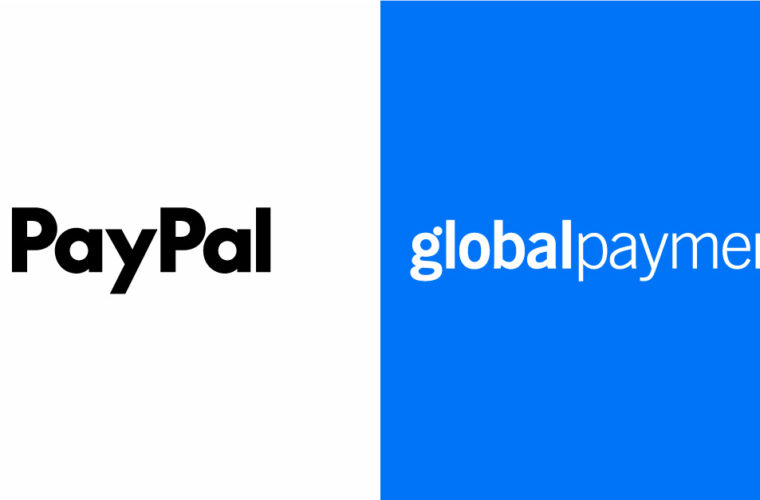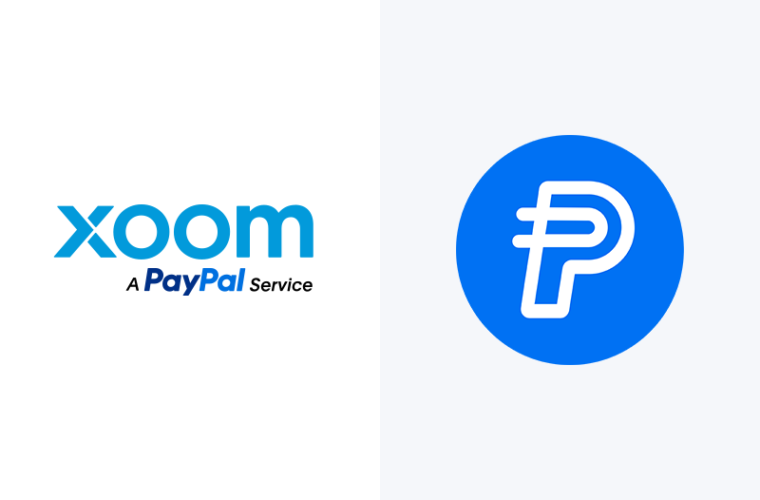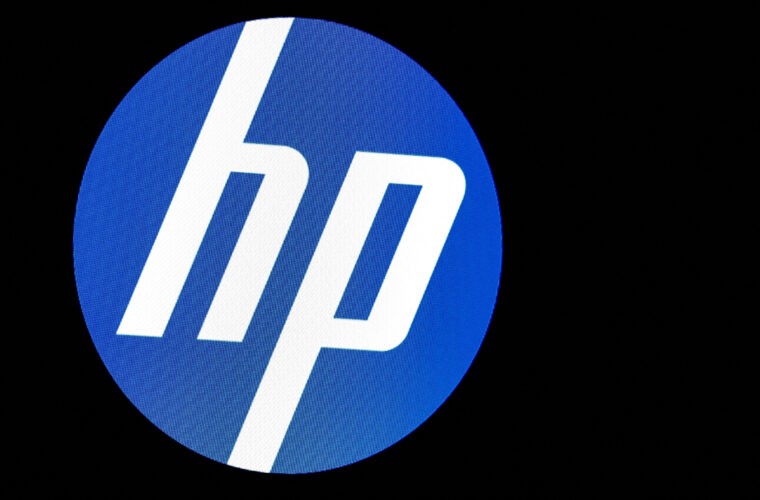By Manya Saini and Jaiveer Shekhawat
(Reuters) – PayPal executives on Tuesday emphasized plans to reignite growth in branded checkout products that have struggled in recent years as big tech expanded market share, after the payments firm raised its forecast for full-year adjusted profit.
The company‘s stock had struggled last year on fears that the entry of Apple and Alphabet’s Google in digital payments could take away a big chunk of PayPal’s mainstay business.
PayPal’s unbranded businesses have grown, but weakness in its branded business such as Venmo has been central to investor anxieties.
“We continue to focus on accelerating growth in branded checkout and driving the profitability of our business. We are executing to get upgrades to our core branded checkout experiences to the market,” CEO Alex Chriss said on a post-earnings call.
The company’s shares rose 3% after its quarterly results signaled resilience in consumer spending, while cost-cuts aided margins.
PayPal’s newly appointed management is also aiming to win back investor confidence through measures to turn leaner and by focusing on “profitable growth”.
Chriss said PayPal has worked to instill cost discipline and is “leaving no stone unturned when it comes to reducing unproductive costs”.
PayPal expects 2024 adjusted profit to increase by “mid-to-high single-digit percentage”, compared with its earlier forecast of it remaining flat.

“Early indicators point to new leadership’s initiatives delivery improving results,” said Wedbush analyst Moshe Katri.
Total payment volumes increased 14% to $403.9 billion in the first quarter. Net revenue climbed 10% to $7.7 billion.
PayPal’s adjusted operating margin improved 84 basis points to 18.2% in the quarter.
“While the turnaround will likely take time, we believe long-term opportunities remain substantial as the company has evolved from a traditional checkout button to a robust platform of end-to-end solutions for consumers and merchants,” said William Blair analyst Cristopher Kennedy.
PayPal’s adjusted earnings per share was $1.08 in the quarter ended March 31, versus 85 cents a year ago.



